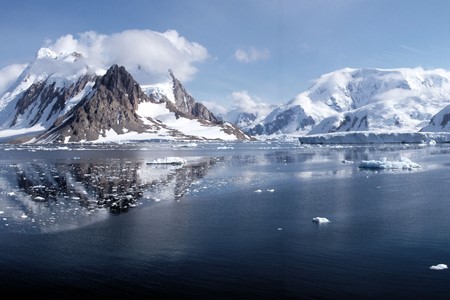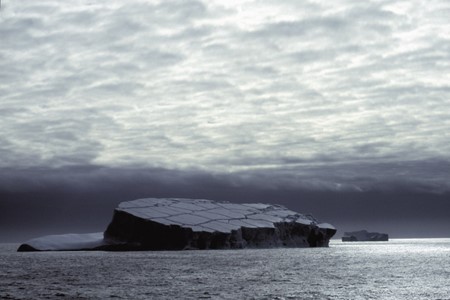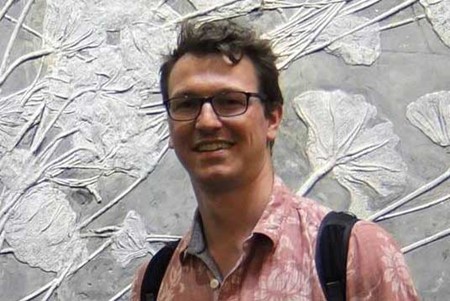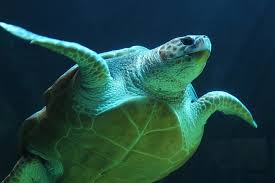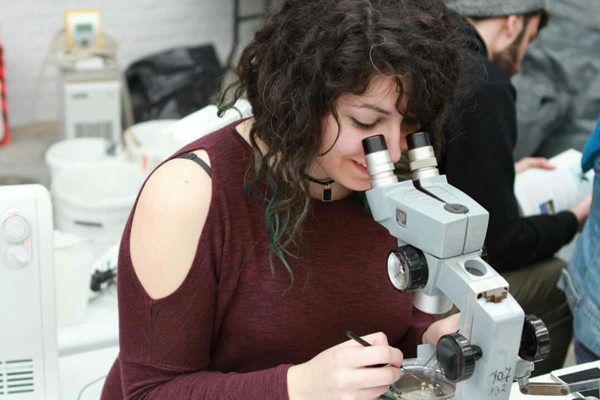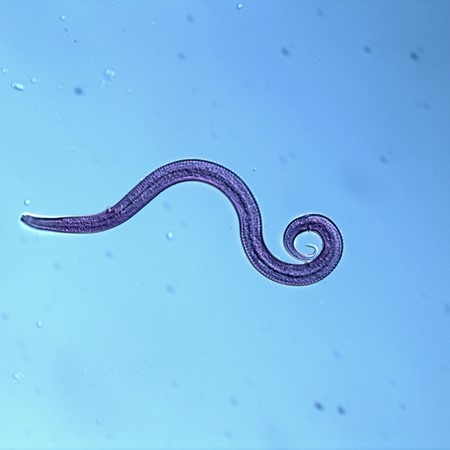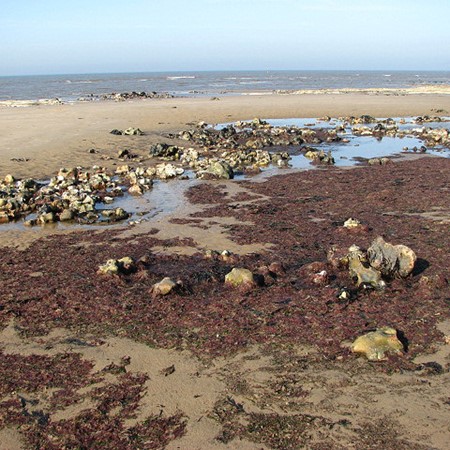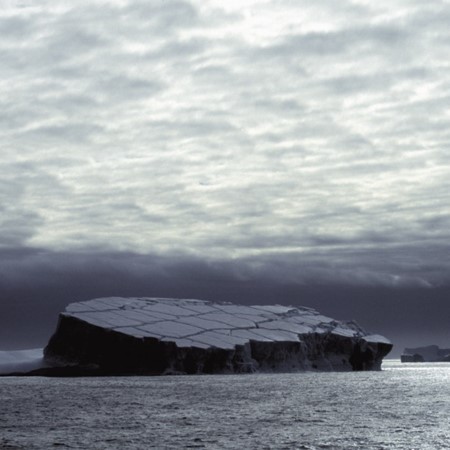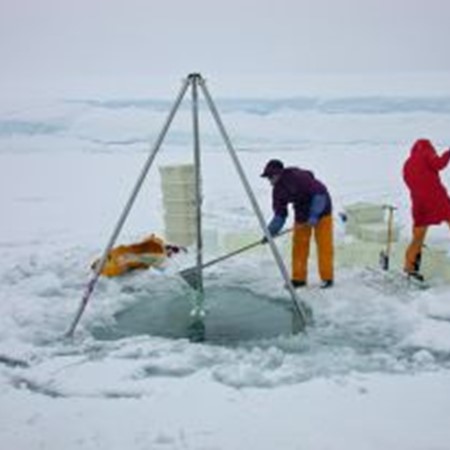The FSU CML Polar Academy team has started their AntICE Initiative: reaching out to school children in the Tallahassee and Crawfordville areas to inform them about Antarctic Organisms and Ecosystems in light of the upcoming NSF funded workshop at the FSU Coastal and Marine Lab in November.
International Workshop at FSUCML: Antarctic Ecosystem Research Following Ice Shelf Collapse and Iceberg Calving Events
Worldwide publicity surrounding the calving of an iceberg the size of Delaware in July 2017 from the Larsen C Ice Shelf on the eastern side of the Antarctic Peninsula presents a unique and time-sensitive opportunity for research and education on polar ecosystems in a changing climate. The FSUCML will host a workshop that will draw from the large fund of intellectual capital in the US and international Antarctic research communities.

